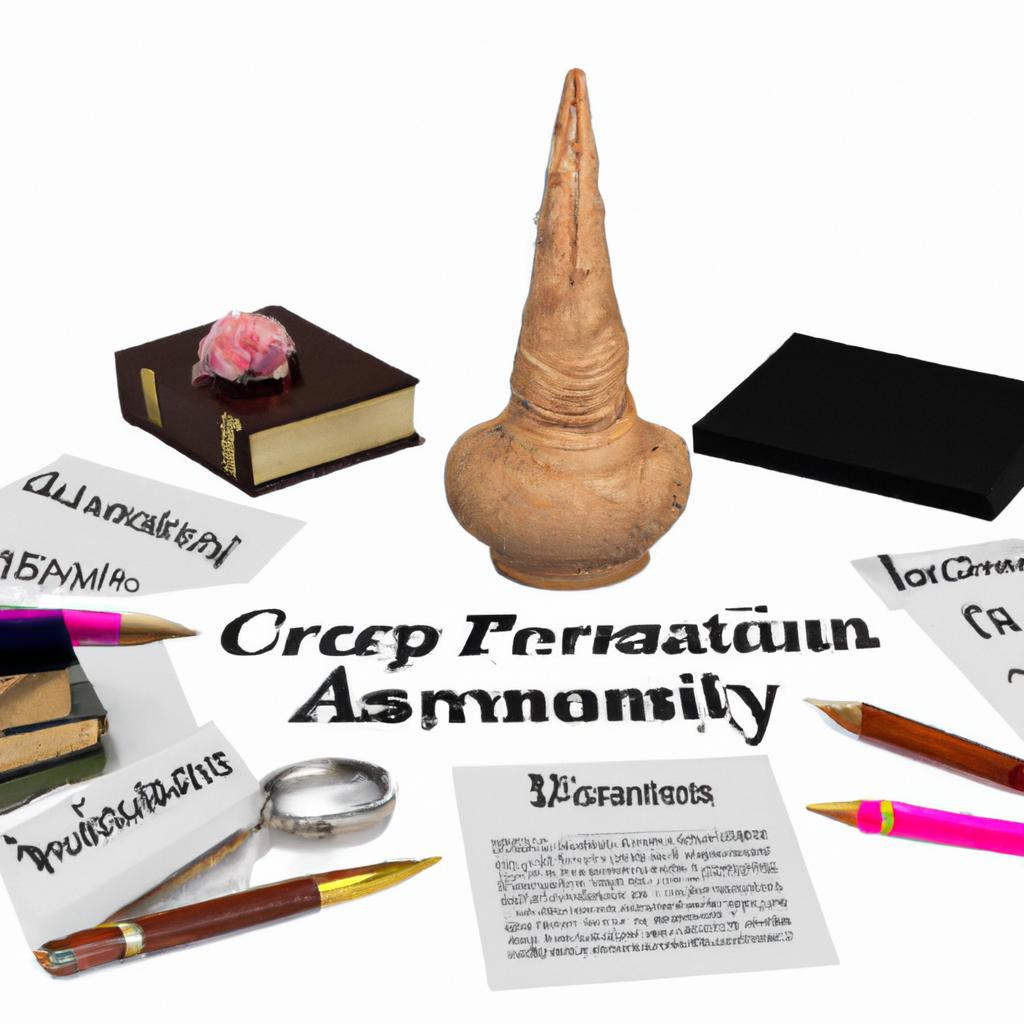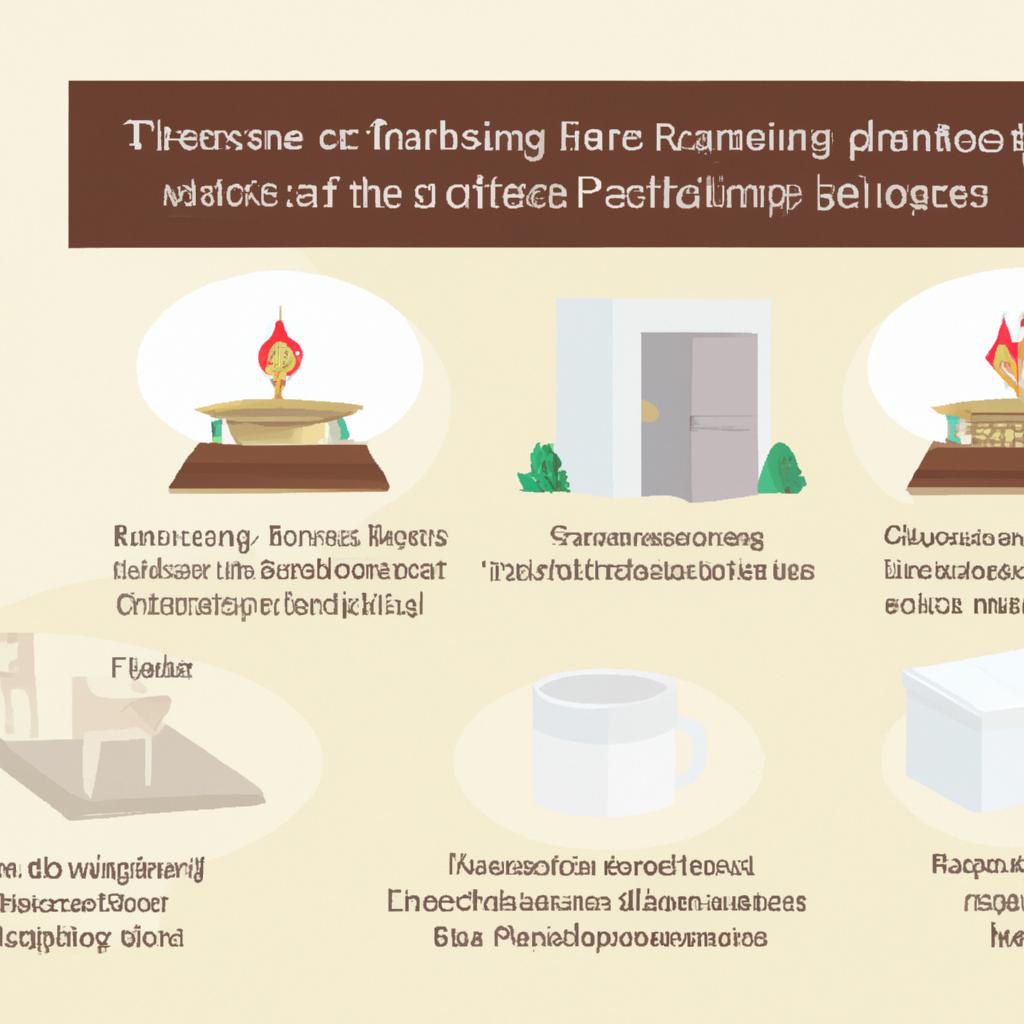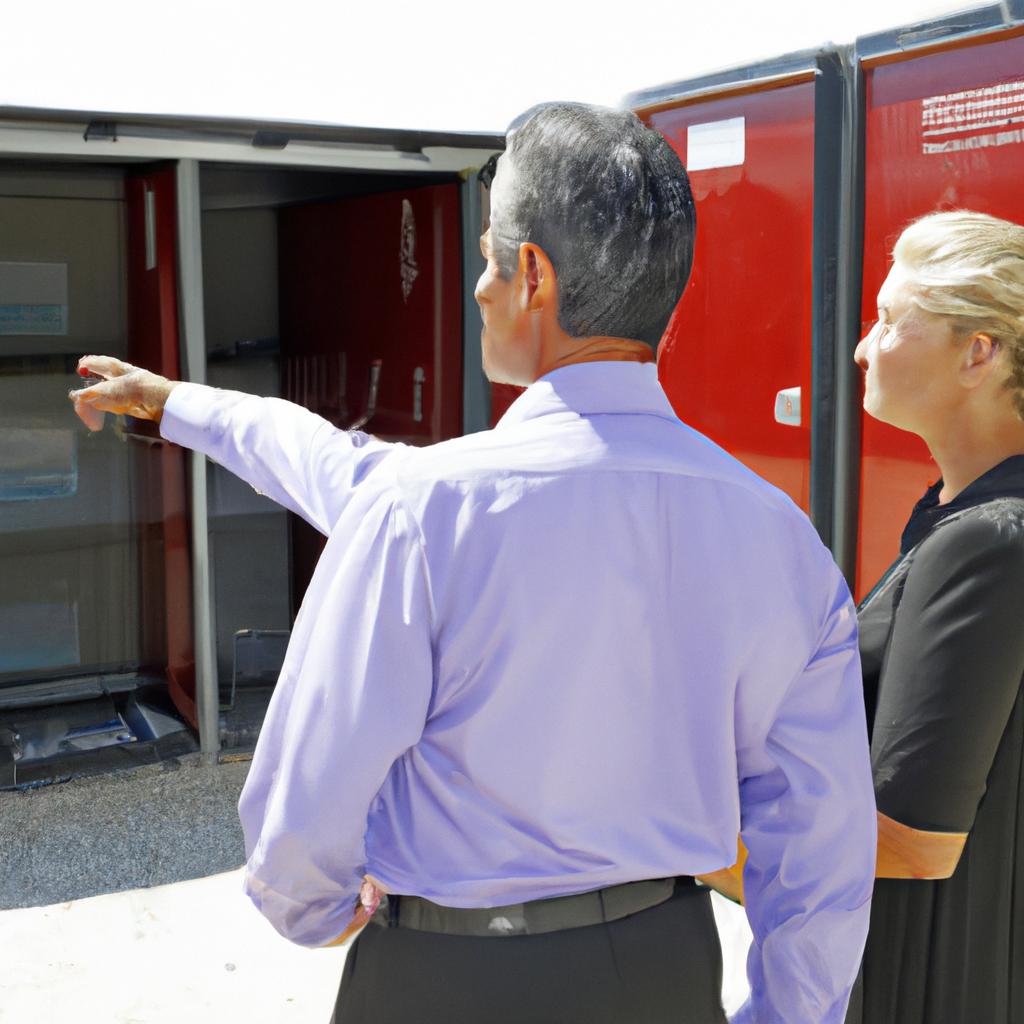In the delicate process of estate planning, the decision to opt for cremation as a final arrangement holds significant weight. At Morgan Legal Group, situated in the bustling heart of New York City, we understand the complexities and sensitivities that surround this decision. Delving into the intricacies of how to plan a cremation, our seasoned attorneys offer expert guidance to ensure that every aspect of this important choice is meticulously considered and thoughtfully executed. Join us as we navigate the legalities and logistics of crafting a comprehensive cremation plan tailored to meet your individual needs and wishes.
Considerations for Planning a Cremation
When considering planning a cremation, there are several key factors to keep in mind to ensure the process is handled smoothly and respectfully. One important consideration is the wishes of the deceased individual, if known, in regards to their final arrangements. It is crucial to honor their preferences and any religious or cultural beliefs surrounding cremation.
Another important consideration is selecting a reputable crematorium that adheres to all legal and ethical standards. Researching the facility’s reputation, cleanliness, and adherence to industry regulations is essential to guaranteeing a dignified and professional cremation process. Additionally, discussing the handling of ashes and any special requests with the crematorium staff ahead of time can help avoid any misunderstandings or complications down the line.

Key Steps in Arranging a Cremation Service
When planning a cremation service, there are key steps that need to be carefully considered to ensure a smooth and respectful process. One of the first steps is to choose a reputable crematorium that adheres to all necessary regulations and guidelines. It is important to research and select a facility that prioritizes professionalism and compassion.
<ul>
<li>Consult with a funeral director to discuss the details of the cremation service.</li>
<li>Obtain required permits and paperwork for the cremation process.</li>
<li>Communicate with family and loved ones about the arrangements.</li>
<li>Select a suitable urn for the ashes.</li>
</ul>It is also crucial to consider any specific requests or wishes of the deceased regarding the cremation process. Whether it involves religious or cultural traditions, or personal preferences, honoring these wishes is essential in creating a meaningful and respectful service. Additionally, preparing a eulogy or tribute for the deceased can offer a heartfelt way to celebrate their life and legacy.
<ul>
<li>Arrange for a memorial service or gathering to remember and honor the deceased.</li>
<li>Consider options for the final disposition of the ashes, such as scattering or interment.</li>
<li>Ensure that all administrative tasks, such as notifying relevant authorities, are completed.</li>
</ul>
Selecting the Right Crematory for Your Needs
When selecting a crematory for your needs, it is essential to consider several key factors to ensure a smooth and respectful process. Firstly, **research the reputation** of the crematory by reading reviews and asking for recommendations from trusted sources. A reputable crematory will have a track record of professionalism, transparency, and excellent service.
Secondly, consider the location of the crematory in relation to your home or the location of the funeral service. Choosing a crematory that is conveniently located can make the process easier for you and your family during this challenging time. Additionally, inquire about the services offered by the crematory, such as memorial options, urn selection, and customization possibilities. A crematory that provides a range of services can help you create a personalized and meaningful farewell for your loved one.
| Location | Services Offered | Reputation |
|---|---|---|
| New York City | Memorial options, urn selection, customization possibilities | Professionalism, transparency, and excellent service |

Legal Requirements and Documentation for Cremation Planning
To ensure a smooth and legally compliant cremation process, it is essential to understand the various legal requirements and documentation involved. One of the key documents required for cremation planning is the cremation authorization form. This form must be signed by the next of kin or legally authorized representative of the deceased, granting permission for the cremation to take place. Additionally, a death certificate is typically required, which can be obtained from the attending physician or medical examiner.
In some cases, a permit may be necessary from the local health department or coroner’s office before cremation can proceed. It is important to familiarize yourself with the specific regulations and requirements in your state or jurisdiction to ensure full compliance. Other legal considerations may include the need for a burial transit permit to transport the deceased to the crematory and any additional forms or permissions required by the funeral home or crematory facility. Morgan Legal Group can guide you through the legal aspects of cremation planning, ensuring a seamless and stress-free process.
Q&A
Q: What is the first step in planning a cremation?
A: The first step in planning a cremation is to research and choose a reputable crematorium or funeral home that offers cremation services.
Q: What documents are required for arranging a cremation?
A: You will need to provide a death certificate, the deceased’s identification, and any relevant paperwork such as a pre-need cremation authorization form.
Q: Can a funeral service be held before cremation?
A: Yes, many families choose to hold a funeral service or memorial service before the cremation takes place.
Q: How much does a cremation cost?
A: The cost of a cremation can vary depending on the location, crematorium fees, and additional services chosen. It is best to research and compare prices before making a decision.
Q: Can the ashes be scattered or buried?
A: Yes, the ashes can be scattered in a meaningful location or buried in a cremation plot or urn garden. Some families also choose to keep the ashes in an urn at home.
Q: Are there any restrictions on what can be included in the cremation?
A: Most crematoriums have guidelines on what items can be included in the cremation, such as clothing and personal items. It is best to check with the crematorium for specific restrictions.
Q: How long does the cremation process take?
A: The actual cremation process typically takes 2-3 hours, but the entire process from start to finish can take 1-2 weeks depending on the arrangements made.
Q: Can I personalize the cremation process?
A: Yes, many crematoriums offer personalized services such as music, readings, and video tributes to honor the deceased’s life and legacy. It is important to discuss your preferences with the funeral director.
The Way Forward
As you navigate the delicate process of planning a cremation, remember that each choice you make is a reflection of the love and respect you have for your departed loved one. By carefully considering every detail and staying true to their wishes, you can create a meaningful and beautiful tribute that honors their memory for years to come. We hope this guide has provided you with the resources and clarity to make the best decisions during this challenging time. Take comfort in knowing that your thoughtful planning will truly make a difference in celebrating the life of your loved one.






